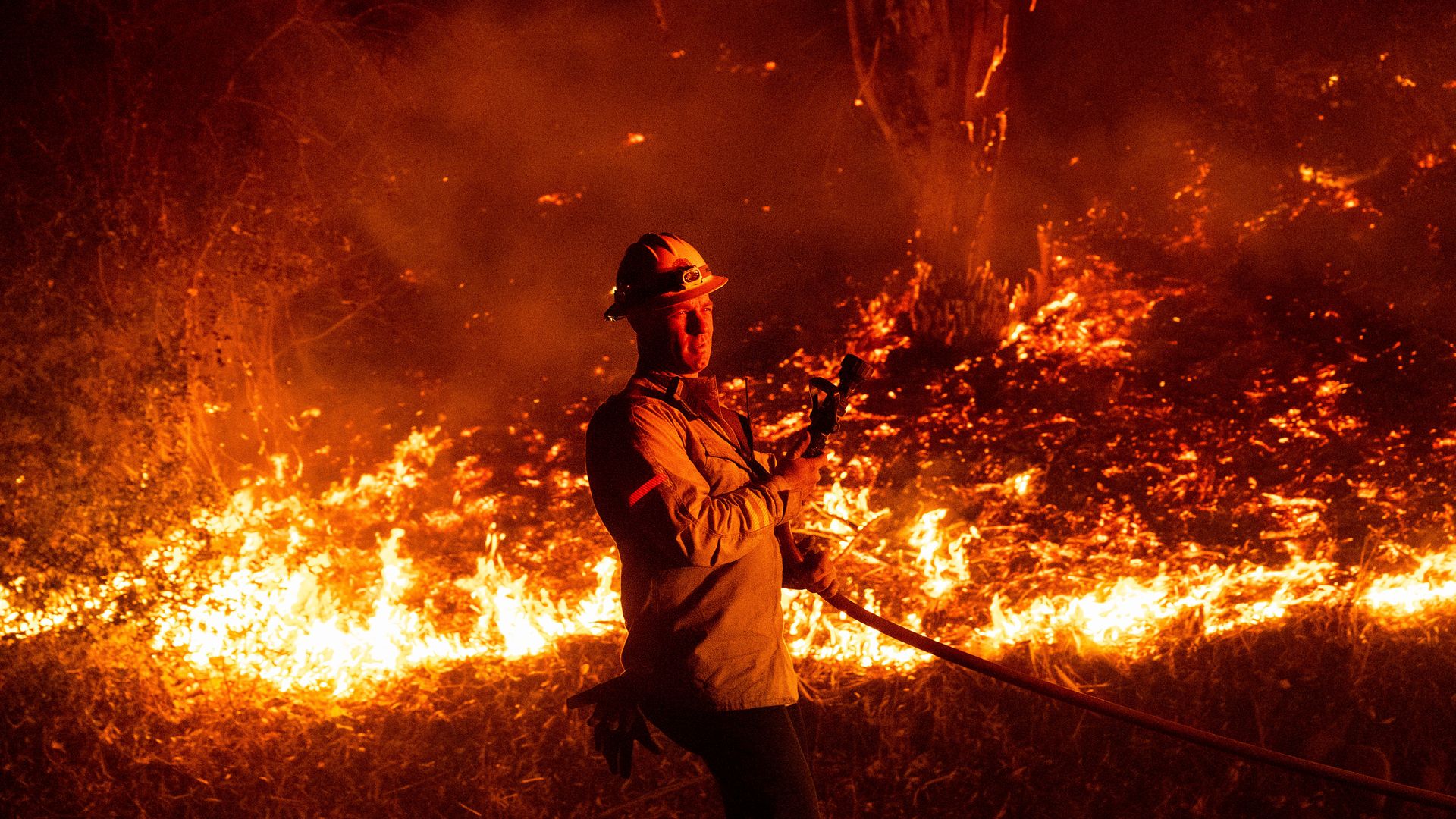
The BDN Opinion section operates independently and does not set newsroompolicies or contribute to reporting or editing articles elsewhere in the newspaper or on bangordailynews.com.
Jade Napierala is a researcher for the PETA Foundation. The column was distributed by the Tribune News Service.
In a scene reminiscent of those in California, Texas and Louisiana, lives were forever changed as a spate of fast-moving wildfires swept through West Maui. The historic town of Lāhainā, once the capital of the Kingdom of Hawaii, was consumed by the firestorm, leaving behind only memories. It was the deadliest wildfire in modern U.S. history.
Most wildfires in Hawaii, where I live, are accidentally caused by humans. Although the exact source of the Maui fires is under investigation, higher temperatures, a “thirsty atmosphere” and whipping winds from Hurricane Dora caused them to rage out of control. Regions previously unaffected by wildfires of this magnitude have become much more vulnerable in recent years due to the human-induced climate catastrophe.
Scientists warn that if we are to change course, we will need to slash our greenhouse gas emissions in half by 2030 and stop adding carbon dioxide to the atmosphere by the early 2050s. Going vegan is the single best step in helping to curb the destruction humans are inflicting on the Earth.
Raising and killing animals for food requires more fossil fuels than producing vegan foods does, and burning fossil fuels releases carbon dioxide. Animals crammed onto factory farms generate enormous amounts of methane when they digest food. And animal agriculture is responsible for more than half the nitrous oxide emissions worldwide. Together, these potent greenhouse gases contribute significantly to the climate catastrophe.
A study by the University of Oxford found that individuals who go vegan can reduce their food-related emissions by up to 73 percent. Meat-eaters are responsible for almost twice as many dietary greenhouse-gas emissions per day as vegetarians and about two and a half times as many as vegans.
And going vegan helps save the planet in other ways, too.
Animal agriculture is the leading cause of deforestation: Roughly 80 percent of the Amazon rainforest, a vital powerhouse for converting carbon dioxide into oxygen, has been cleared — either for grazing or for growing food for cattle raised for their skin and flesh — and now it’s emitting more carbon dioxide than it’s able to absorb.
In the U.S. alone, growing crops to feed billions of animals, keeping those animals hydrated and cleaning filthy factory farms and slaughterhouses consumes trillions of gallons of water annually. For perspective, National Guard helicopters dropped 150,000 gallons of water on the Maui fires.
In short, eating meat puts our home and that of countless other species in danger.
Hawaii boasts unique flora and fauna found nowhere else on Earth. Around 90 percent of the state’s 10,000 native species are endemic, making their populations less capable of recovering after major fires. Two-thirds of the state’s threatened and endangered species are in fire hazard areas, and native ecosystems are not equipped to adapt to wildfires.
And the damage doesn’t stop at land’s end. Wildfires disrupt the entire landscape, causing erosion and sediment runoff into coastal waters. Sedimentation can obstruct sunlight and smother the tiny animals who make up a coral reef, ultimately harming its growth and health.
Catastrophic coastal fires such as this one have the potential to blanket the ocean with ash containing toxic pollutants from burning houses and cars. The ash also brings organic matter to the sea, leading to an overgrowth of algae. The algae eventually die and decompose, depleting the oxygen, which causes marine life to either leave or die. Areas once brimming with life become dead zones.
Fires ravaging Hawaii. Ocean temperatures off the charts. Earth’s hottest month on record. Any one of these events would have been seen as an oddity a decade ago. The planet is in trouble — life as we know it is in danger. We must all take personal responsibility for the climate catastrophe. We can start by keeping animals off our plates and opting for planet-friendly vegan foods.











